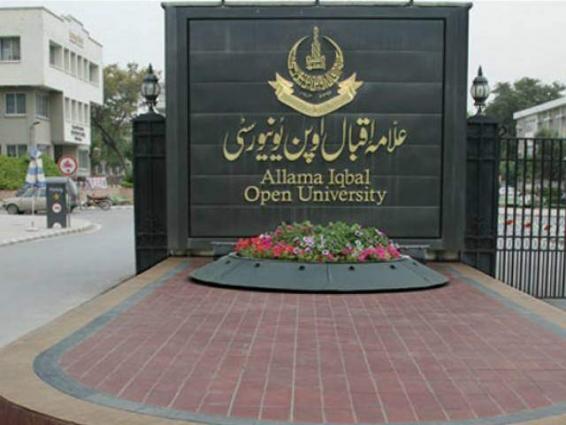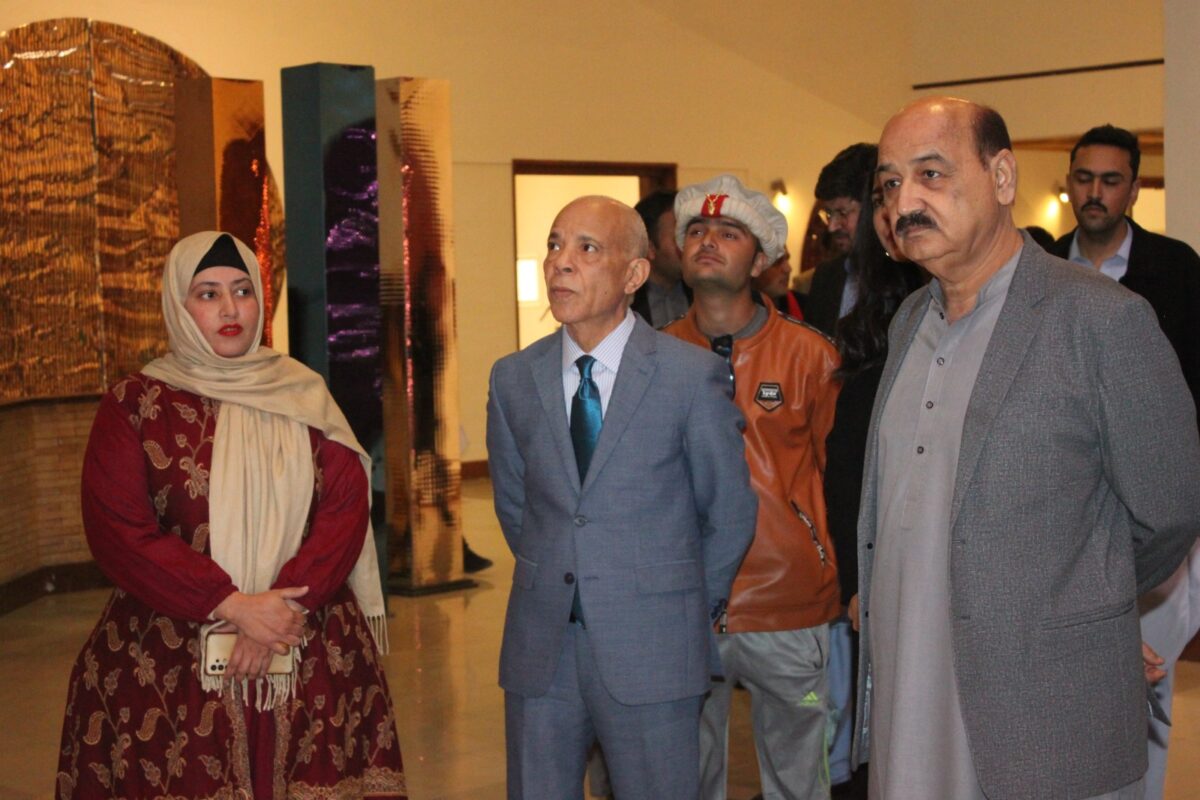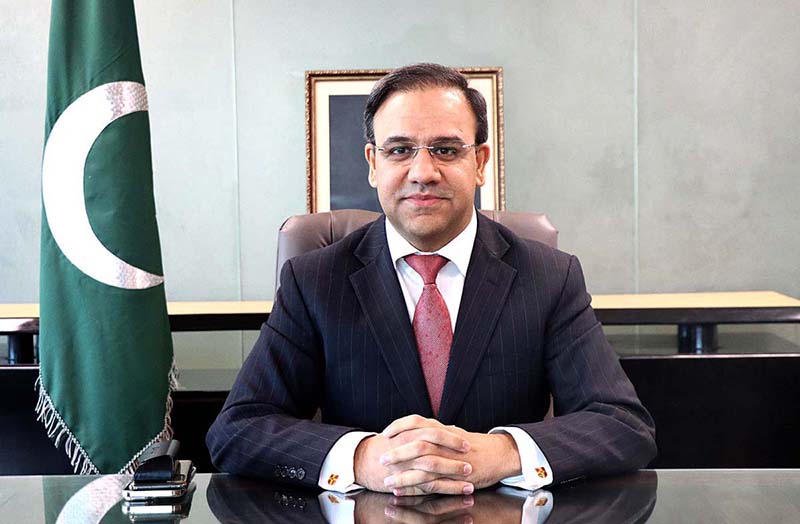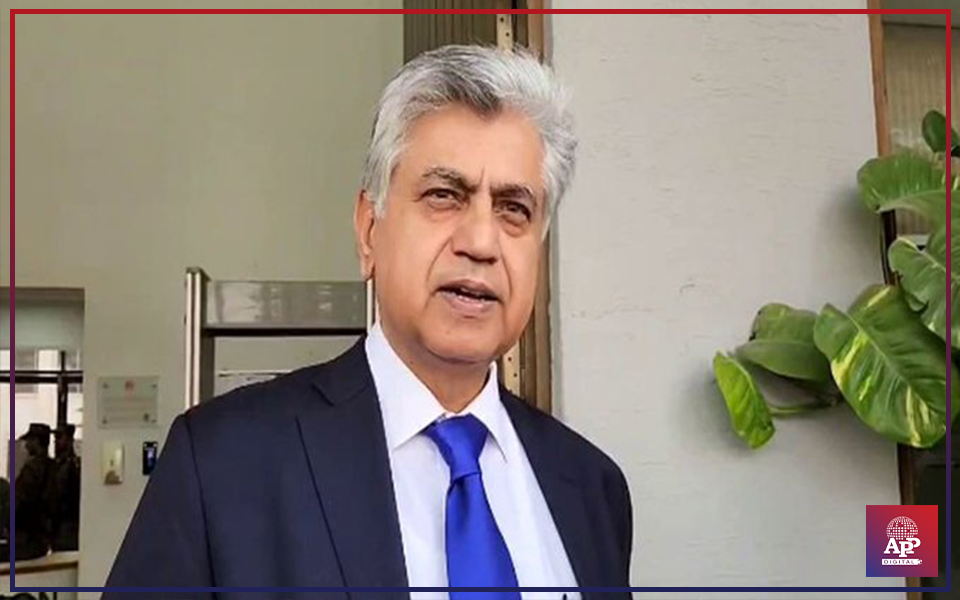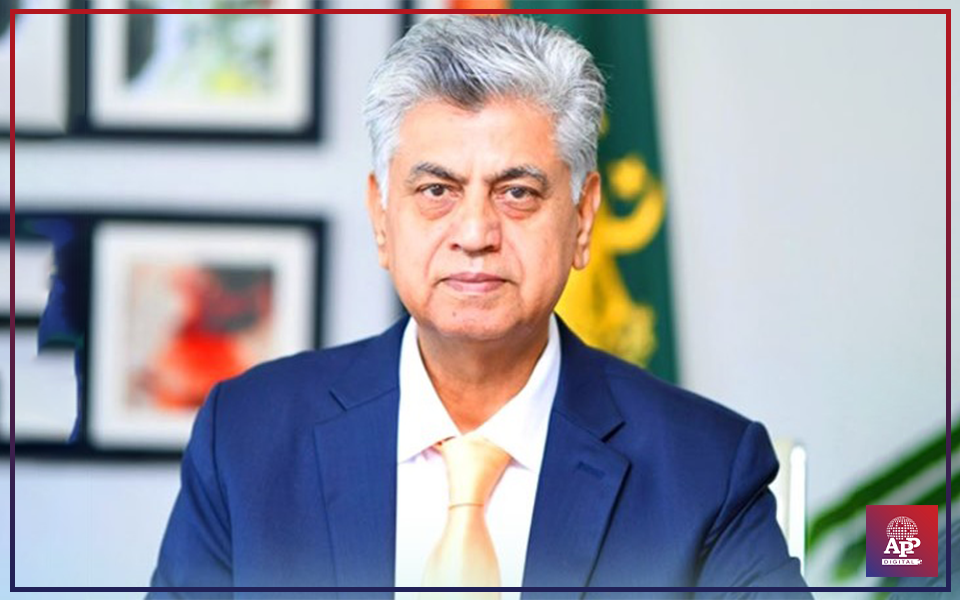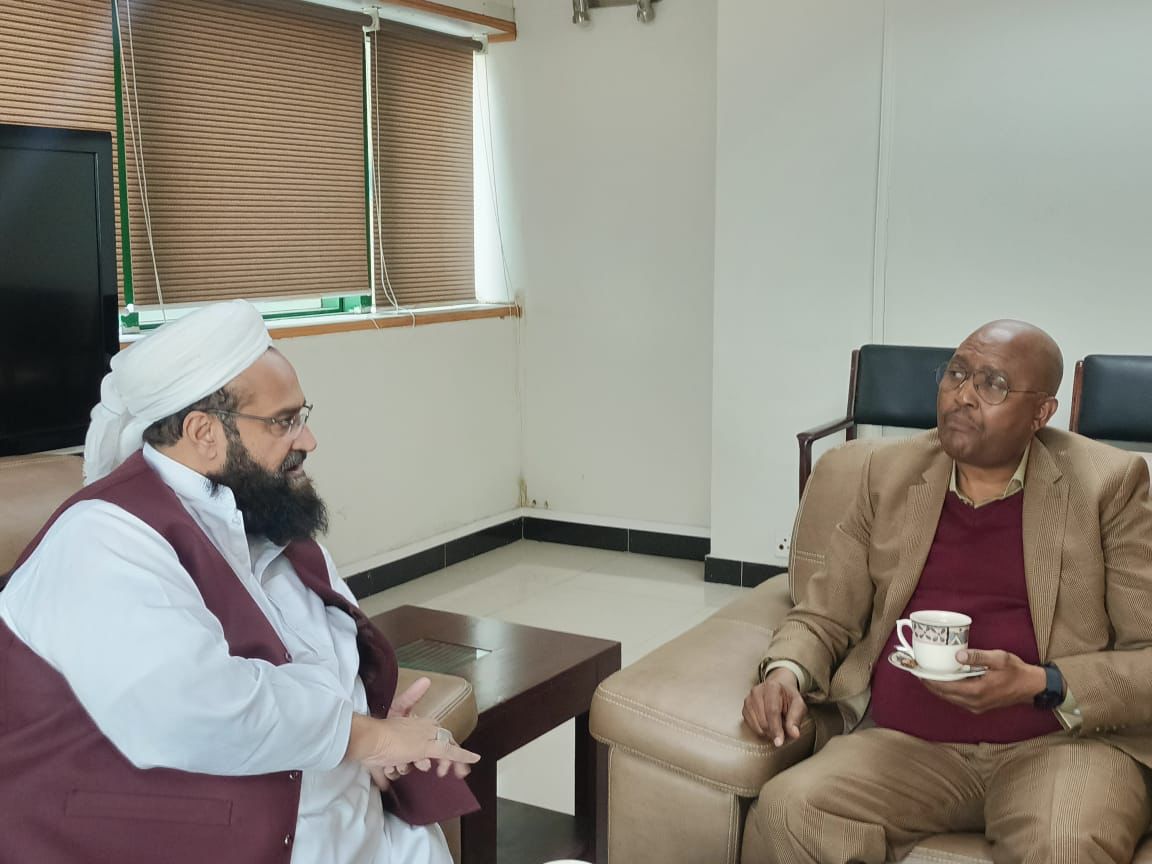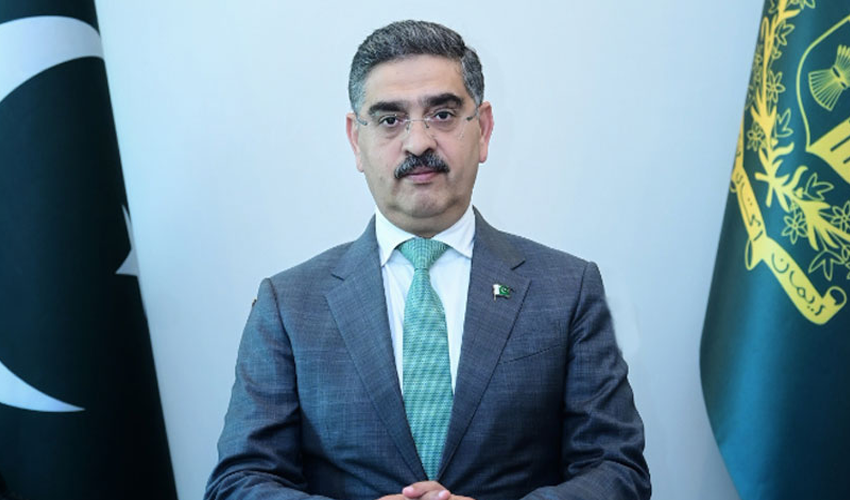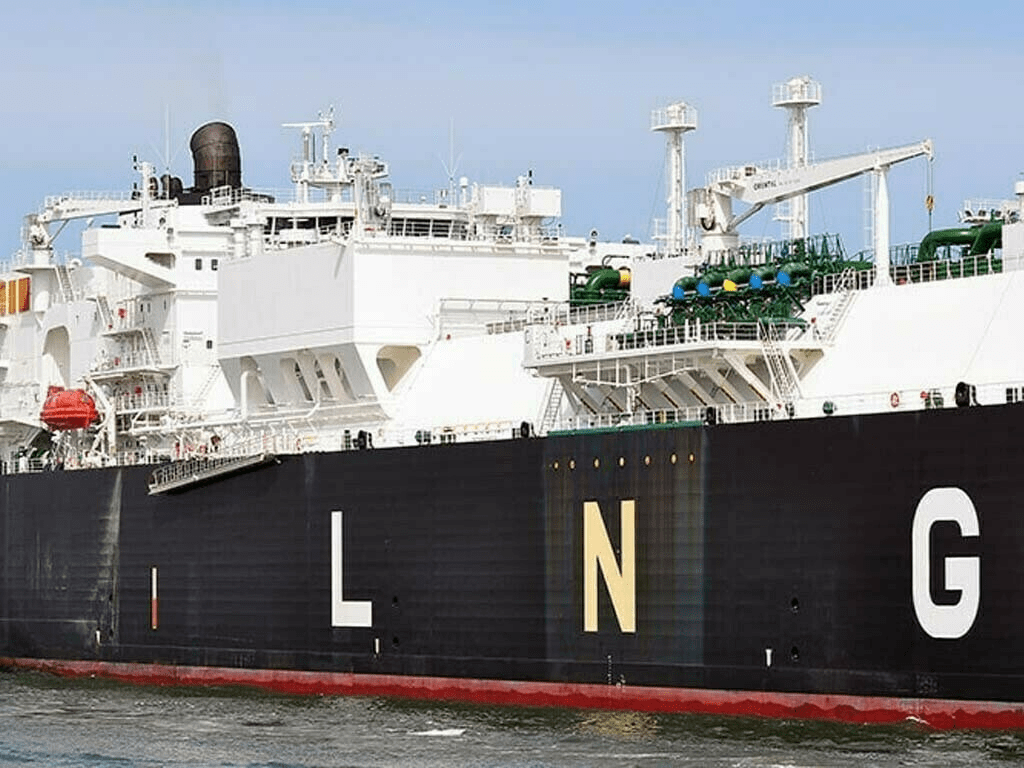ISLAMABAD, Jul 08 (APP): Speakers at a seminar on “US-China Strategic Competition: Options for Pakistan” held on Monday emphasized the need for geopolitical and geoeconomic innovation to deal with challenges of the 21st century.
The seminar was arranged by the NUST Institute of Policy Studies (NIPS).
The keynote speaker, Ambassador Dr Raza Muhammad, President, Islamabad Policy Research Institute (IPRI), emphasized that Pakistan faces both challenges and opportunities amidst US-China strategic competition.
He said success consists in maximizing opportunities and minimizing challenges. President IPRI highlighted Pakistan’s unique geostrategic location as a trade and energy hub, its youth bulge as a potential asset, and its natural resources worth trillions as key anchors of a comprehensive approach to national development, regional connectivity, and diplomatic success.
In the second keynote, Ambassador Zamir Akram, former Permanent Representative of Pakistan to the United Nations, stressed that in the contemporary geopolitical scenario, Pakistan’s options are constrained, making balanced relations between the US and China unfeasible due to a lack of strategic convergence with the US.
He pointed out that the Indo-US alliance has strengthened Pakistan’s strategic partnership with China, leading to the latter’s unmatched support in political, defence, economic, and technological spheres, notably through CPEC, worth $24 billion since 2013.
He advised that China’s status as Pakistan’s strategic partner, largest trading partner, and the major source of FDI demand a pragmatic and coordinated approach for sustained common development and security.
In the discussion afterwards, the participants including members of diplomatic community, scholars and academia shared insights into the need for geopolitical and geoeconomic innovation to deal with challenges of the 21st century, the dialectics of domestic national management and foreign policy management, the emergence of powers of different magnitudes in the evolving international system, etc.
Earlier in his opening remarks, DG NIPS Dr Khan noted the climacteric changes taking place in the contemporary international system, like the great-power competition between the United States and China, the rise of new major powers, the increasing vulnerability of the world to conflict and various kinds of disruptions, and the emergence of new transnational integration and multilateralism mechanism like BRICS.
مضمون کا ماخذ : کمپیوٹر لاٹری لائیو
